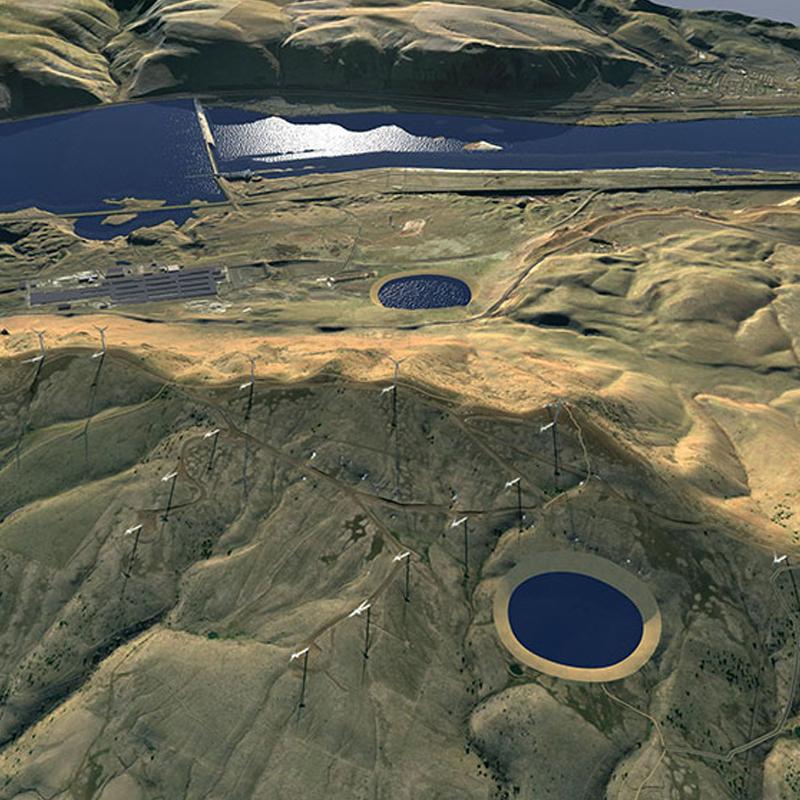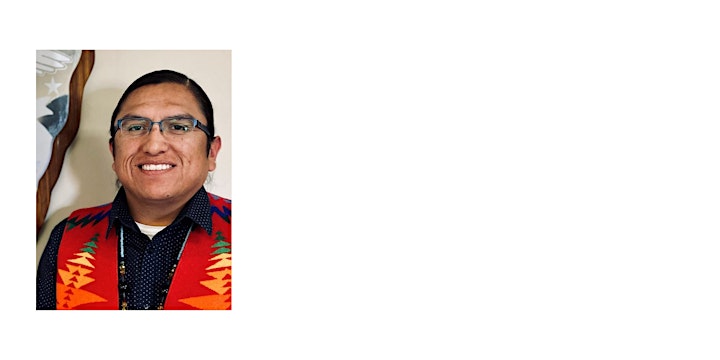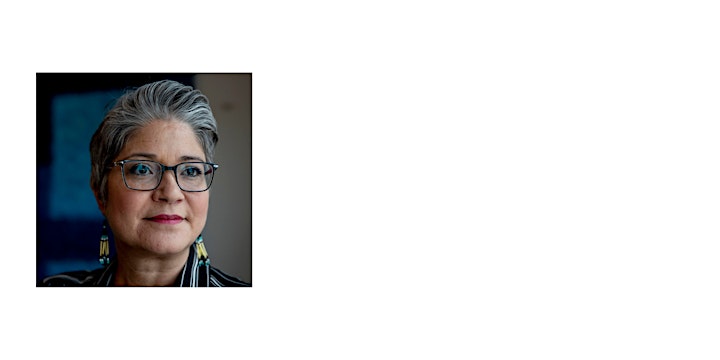

This is a free, online event. Please register here.
American Indian Tribes have embraced the need for alternative energies to diminish dependence on fossil fuels and combat climate change, but green energy can come at a high cost for Indigenous communities. Designed for seemingly under-developed or isolated rural areas by industry, green energy projects are sometimes planned for lands that hold irreplaceable cultural resources or sacred sites or are in “usual and accustomed places” as identified in treaties.
The proposed $2 billion Goldendale Water Pump Storage Project planned for South Central Washington near the Yakama Reservation is one such project. What is the project, and why is the Yakama Nation opposed to it? What are the legal and moral obligations of state and federal governments to consult appropriately with Tribes? What does successful and respectful consultation look like? And, how can NGOs be effective partners when Tribes are faced with cultural and environmental threats on their landscapes?

Tribal Council, Yakama Nation
Known as Pax’una’shut, of the Kahmiltpah Band (Rock Creek) of the Columbia River, Jeremy Takala is a fisheries technician by training and serves as an elected member of the Yakama Nation Tribal Council. In addition to serving as a commissioner representing the Nation on the Columbia River Intertribal Fish Commission (CRITFC), Mr. Takala serves his community as the chair or member of several internal committees: fish & wildlife; law & order; health, employment & welfare; and legislative.

Partner, Cascadia Law Group Environmental Attorneys
From 2013 to 2020, Maia Bellon served as the Director of the Washington State Department of Ecology and was the first Native American to serve as a member of the Washington state cabinet. As Director, she managed a staff of 1,700 people and oversaw a biennial budget of $2.3 billion. Currently, she is a partner at Cascadia Law Group where she represents tribal governments and municipal and private clients on a wide array of complex environmental matters, including climate and energy policy, air quality, water resources, toxics cleanup, water quality, and tribal law.

Executive Director, Columbia Riverkeeper
Lauren Goldberg joined Columbia Riverkeeper in 2008 and spent more than a decade working with staff to enforce the Clean Water Act and developing legal strategies to fight the oil, coal, and fracked gas industries. Named as Riverkeeper’s new executive director in May 2022, Ms. Goldberg and her staff continue to work with diverse coalitions to fight for laws that protect people from toxic pollution and defend the landscapes we love.
—
Indigenous Leadership Briefing Series
For hundreds of years, Indigenous communities have faced near constant threats on their sovereignty, cultures, and lands. Today, Indigenous leaders continue to guide their communities to safety and are dedicated to ensuring their collective future. The work and impact of Indigenous leadership are models of vision, courage, and determination.
As a lead-up to the Ecotrust Indigenous Leadership Awards, this annual, 4-part series is designed to deepen understanding of the achievements of Indigenous leaders and raise awareness of the challenges Indigenous communities face. Held every spring, the series is free and open to the public. Please join us.